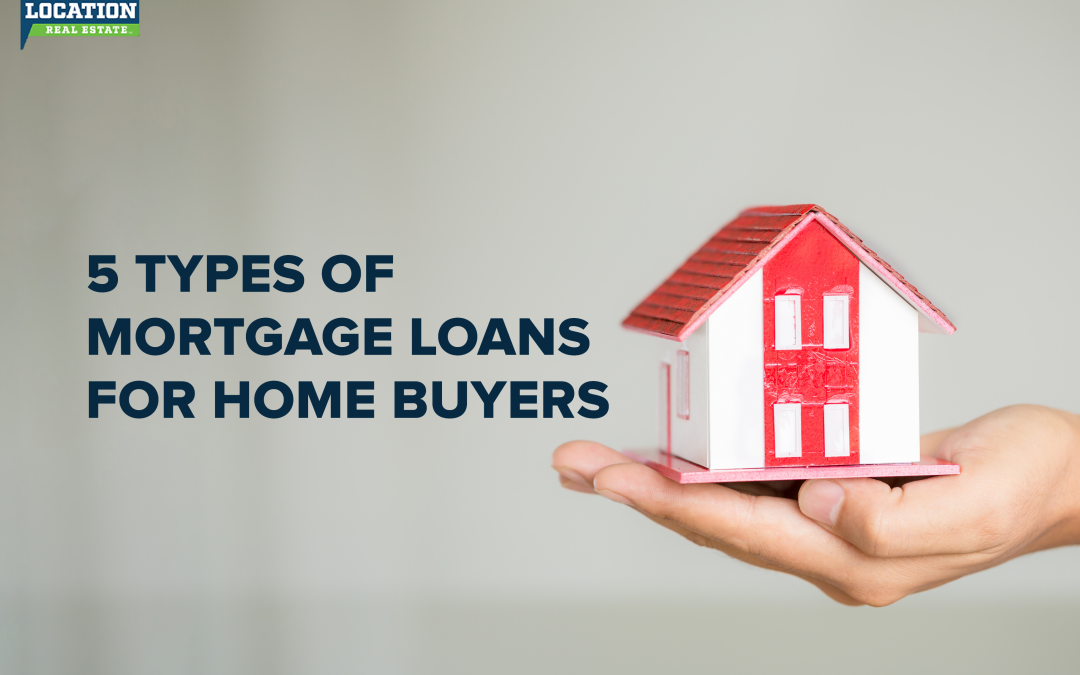There are significant signs of revival across the real estate sector in the United States amid the chaos and disruption caused by the pandemic. As the real estate sector gains momentum, experts agree that the trend will continue to grow over time. With the transformation, homebuyers will start looking for potential homes. In a reviving market, as the demand for houses increases, house prices will rise. Given the rising prices, if you have the cash to buy the home, you’re lucky.
We are a team of Lincoln realtors and are professionally experienced at taking care of all your housing needs. Contact us today for a consultation.
If not, you will have to choose a suitable mortgage to buy your home, and this will require you to pay the mortgage amount for a specific period. However, things will fall into place eventually. Your loan should fit your budget and requirements, so choose your mortgage wisely. You are legally bound to repay the loan after a certain period. In this article, we will discuss the different types of mortgage loans for home buyers.
Mortgages
The money you borrow from a lender is the mortgage, and this mortgage comprises two parts: principal and interest. While the principal is the total loan amount, the interest refers to an additional amount that the borrower needs to repay the lender as a charge for borrowing the money. Your lender would set an amortization schedule based on which you’d need to pay your monthly installments.
You need to understand the different types of mortgages to decide the one that fits your needs.
Five different types of mortgage loans for home buyers:
-
Conforming mortgages
When it comes to conforming loans, the maximum limits are determined by the Federal Government. The loan limits vary from one area to another. The baseline conforming loan limit was set at US$548,250 for single-unit properties (in 2021) by the Federal Housing Finance Agency, which might vary across different areas in the US due to the baseline loan limit exceeding 115%.
-
Conventional mortgages
Mortgages that are not backed by government agencies fall under the category of conventional mortgages. Not government agencies, but private agencies, including credit unions and banks, offer conventional mortgages.
Regardless of whether you are buying your first or second home, you can use conventional mortgages as these offer flexibility according to your needs. The baseline mortgage limits are set by the Federal Housing Finance Agency.
While government-backed loans might not require a higher credit score, conventional mortgages will qualify only if you have a higher credit score. Some lenders lend mortgages only to borrowers who have credit scores 680 or higher. However, conventional mortgages can be lent to borrowers with a score lower than 620. For those borrowers with credit scores of 740 or higher, the lenders can choose to lower their interest rates.
According to credit score guidelines, conventional mortgages will need a down payment of 20% so that you can get the best rates.
-
Government-backed mortgages
Buyers (with moderate or low incomes) who purchase a home for the first time can choose loans that are lent by the Federal Housing Administration when they fail to qualify for a conventional loan. While for conventional mortgages, borrowers are required to put down 20%, in government-backed mortgages, the down payment is as low as 3.5%.
The credit scores for government-backed mortgages are more relaxed when compared with conventional loans. For those knocking on the doors of the FHA, your loans are approved via FHA-approved lenders. FHA doesn’t lend your loans directly but through other channels. However, you would require paying an annual mortgage insurance premium (mortgage insurance), which is considered to protect the lender against borrower default during the period of the loan.
For those borrowers who fail to qualify for a conventional loan, FHA is your best option. Also, if you are unable to afford a significant down payment, opt for FHA loans. Anyone with credit scores of 500 or lower qualify for a 10% down payment on FHA loans. For a credit score as low as 580, you’d have to put down 3.5% on your new home.
-
Government-insured Veterans Affairs mortgages
Military service members, veterans, and their spouses qualify for home buyer loans backed by the US Department of Veterans Affairs (VA). No down payment is required on VA loans. Borrowers are free to finance 100% of the loan amount. VA loans are accompanied by benefits, such as better interest rates, no MIP, and fewer closing costs (usually taken care of by the seller).
However, VA loans would need a funding fee (which includes a percentage of the loan amount, offsetting the cost to taxpayers). Based on the category of your military service and the mortgage amount, your funding fee changes. However, if you belong to one of the below criteria, you are exempt from paying the funding fee:
- Veterans qualifying for VA compensation (for a service-related disability) but didn’t receive active duty pay
- Veterans qualifying for VA benefits (for a service-related disability)
- Surviving spouses (of veterans) and others
-
Non-conforming mortgage loans
Jumbo loans fall under the category of non-conforming loans and are the ones that can’t be sold or bought by Fannie Mae and Freddie Mac. The loan amounts exceed conforming loan limits, so the name “jumbo.”
Closing thoughts
Your credit score will play vital role in determining the loan type you choose. Obtain your free credit report, and analyze and identify errors, and pay your debts to improve your history of late payments before you apply for a mortgage.
We are one of the best real estate agents in Nebraska. If you wish to buy or sell a home, reach out to our team at Location Lincoln today.

